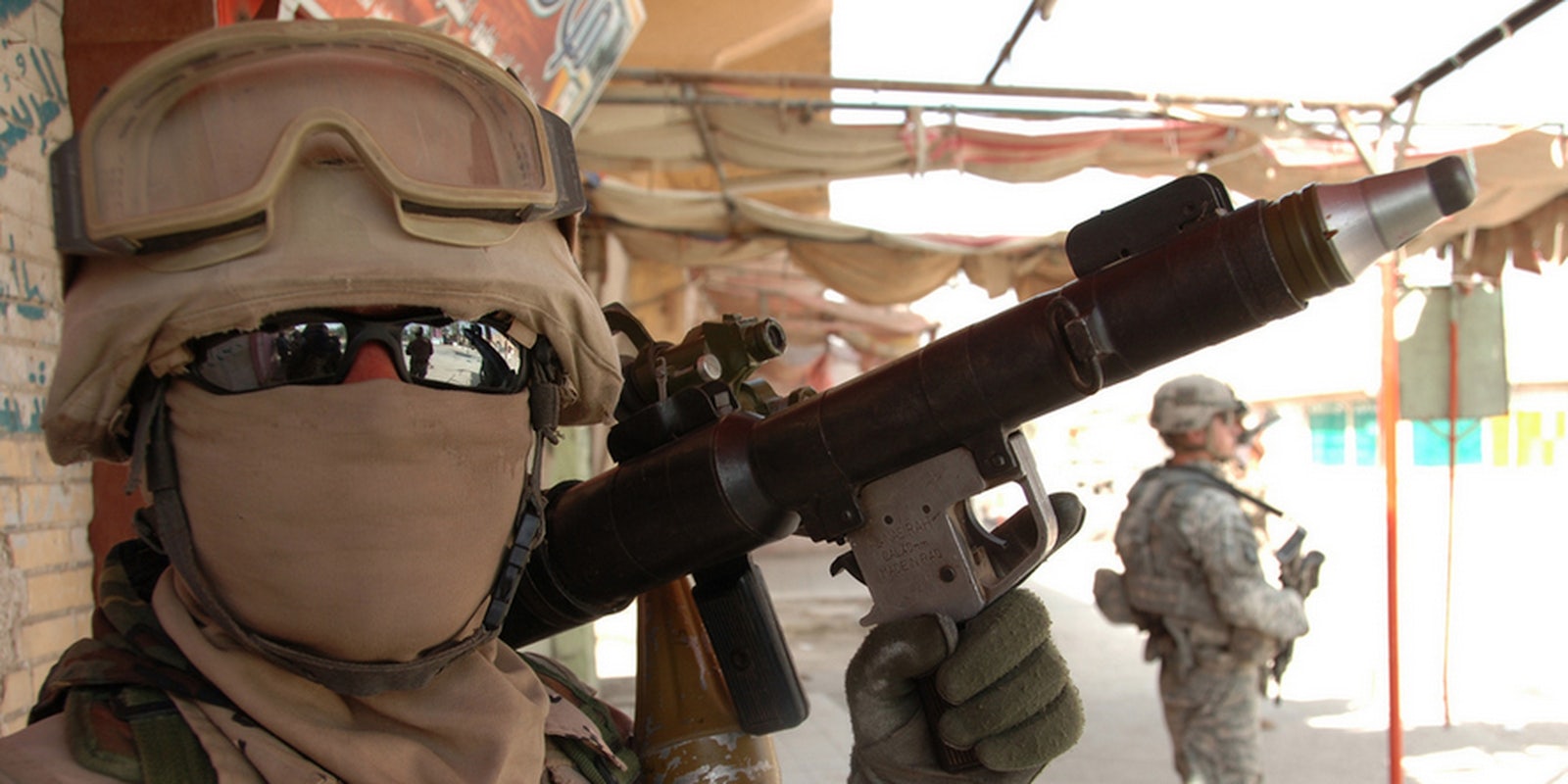As a well-armed and organized group of Islamic extremists sweep through Iraq and threaten to march on the capital city of Baghdad, former army intelligence analyst Chelsea Manning took to the editorial page of the New York Times this weekend to accuse the military of continually and repeatedly distorting information to shield Americans from the truth in Iraq.
Manning is currently serving a 35-year prison sentence for espionage and other charges related to her disclosure of some 700,000 secret documents to Wikileaks – one of the largest government information leaks in U.S. history. The 26-year-old, who was first assigned to an army unit in Iraq back in 2009, acknowledged the criminal nature of her acts, but wrote that her reasons for publicizing such classified information in the first place have not been addressed.
“[T]he concerns that motivated me have not been resolved,” Manning wrote. “As Iraq erupts in civil war and America again contemplates intervention, that unfinished business should give new urgency to the question of how the United States military controlled the media coverage of its long involvement there and in Afghanistan.”
The swift advance of ISIS, the Islamic State in Iraq and Syria, easily overtook Iraq’s second-largest city of Mosul this past week while American-trained Iraqi security forces laid down their arms and surrendered. The bloody and relentless campaign came as a surprise to many in the United States.
However, Manning was not among those shocked by the news, saying that U.S. authorities have long overstated reports of a flourishing and stable democratic society in Iraq. She pointed toward the 2010 Iraqi elections, in which American media outlets were flooded with hopeful stories about the ink-stained fingers of Iraqi voters showing up in record numbers. But Manning said the classified intelligence documents she was privy to told a less idealistic story.
“Military and diplomatic reports coming across my desk detailed a brutal crackdown against political dissidents by the Iraqi Ministry of Interior and federal police, on behalf of Prime Minister Nuri Kamal al-Maliki,” she wrote. “Detainees were often tortured, or even killed.”
Manning says that throughout the Iraq War, there was a sharp disparity between the internal military information being shared on the ground and that which got reported back in the United States. She accused the military of overly aggressive gatekeeper tactics that limited the access American reporters had to the war zone.
“One clue to this disjunction lay in the public affairs reports,” she wrote. “Near the top of each briefing was the number of embedded journalists attached to American military units in a combat zone. Throughout my deployment, I never saw that tally go above 12. In other words, in all of Iraq, which contained 31 million people and 117,000 United States troops, no more than a dozen American journalists were covering military operations.”
Furthermore, Manning said the military favored granting access to reporters more likely to give positive coverage, noting that all embeds were required to sign an agreement that the military could later use to arbitrarily remove and blacklist a reporter.
“Improving media access to this crucial aspect of our national life – where America has committed the men and women of its armed services – would be a powerful step toward re-establishing trust between voters and officials,” Manning wrote.
Photo by The U.S. Army/Flickr (CC BY 2.0)


